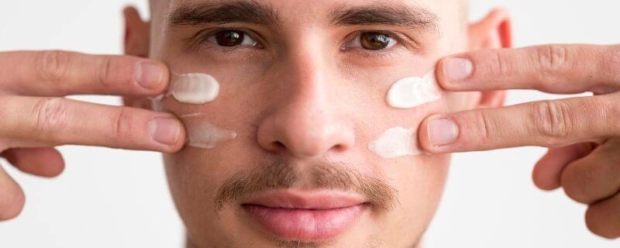Hair loss, whether gradual or sudden, can be an emotionally challenging experience for many individuals, particularly women. It can affect one’s self-esteem, confidence, and overall sense of well-being. The loss of hair, often associated with beauty and femininity, can trigger feelings of insecurity, anxiety, and even depression.
However, it is important to remember that you are not alone. Hair loss is a common condition affecting millions of people worldwide. It is not a reflection of your worth or value as a person. With the right mindset, support system, and treatment options, you can successfully navigate this challenge and emerge stronger and more resilient.
Understanding the Causes of Hair Loss
Hair loss can be caused by a variety of factors, including genetics, hormonal imbalances, medical conditions, stress, and even certain medications. It is important to consult with a dermatologist or trichologist to determine the underlying cause of your hair loss, as this will guide the most appropriate treatment options.
Exploring Treatment Options
Depending on the cause of your hair loss, there are various treatment options available. These may include topical medications, oral medications, hair restoration procedures, and lifestyle modifications. It is important to work closely with your doctor to find the treatment plan that is right for you.
Coping Strategies for Emotional Well-being
While treatment can address the physical aspects of hair loss, it is equally important to address the emotional impact. Here are some coping strategies that can help you manage your emotions and maintain your well-being:
- Educate yourself: Understanding the causes and different types of hair loss can help you feel more in control and less overwhelmed.
- Seek support: Talk to a trusted friend, family member, or therapist about your feelings. Sharing your experiences can provide emotional relief and help you feel less alone.
- Join a support group: Connecting with others who are going through similar experiences can provide valuable companionship, understanding, and advice.
- Practice self-care: Engage in activities that promote your overall well-being, such as yoga, meditation, exercise, and healthy eating habits.
- Focus on your strengths: Remind yourself of your positive qualities and accomplishments. Celebrate your inner beauty and resilience.
- Embrace your individuality: Hair loss does not define you. Find ways to express your unique style and personality through fashion, makeup, and accessories.
- Seek professional help if needed: If you are struggling with anxiety, depression, or other emotional challenges, do not hesitate to seek professional counseling or therapy.
Additional Tips for Hair Loss Management
Apart from seeking medical treatment and implementing coping strategies, there are several things you can do to manage your hair loss and feel more comfortable:
- Choose hairstyles that flatter your face shape and hair density.
- Use hair products that are specifically designed for thinning hair.
- Protect your hair from heat styling and harsh chemicals.
- Consider using hair extensions or wigs for special occasions or to boost your confidence.


